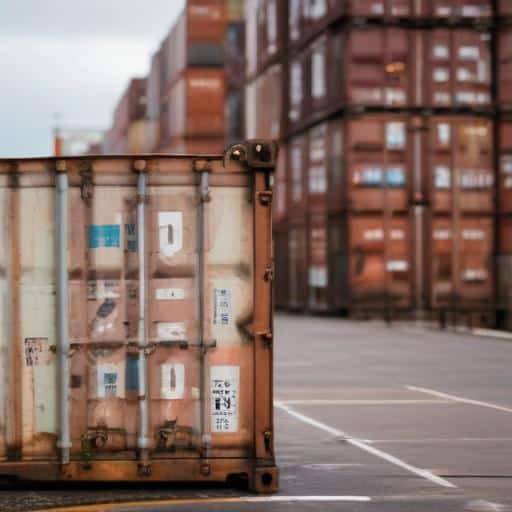Fiji is bracing for significant changes in its trade relations following the announcement of a 32 percent tariff on its exports to the United States, a move instigated by U.S. President Donald Trump. This tariff is a response to a hefty 63 percent tariff that Fiji imposes on American goods.
Prime Minister Sitiveni Rabuka stated that the country faces tough decisions regarding its trading relationships. He emphasized that Fiji must look beyond its current trade partners and explore new markets and sources for imports, indicating that the global landscape offers many friendly nations eager to engage in commerce with Fiji.
Rabuka refrained from calling this situation a “trade war,” instead labeling it a “trade blockade,” acknowledging Fiji’s limited capacity to retaliate effectively. He stressed the importance of weathering the downturn and adapting to the circumstances.
Economically, experts have noted that Fiji’s trade surplus, primarily driven by bottled water exports, may help mitigate some immediate negative effects of the tariff. In 2023, approximately FJ$267 million worth of bottled water was exported to the U.S., representing a vital aspect of Fiji’s export strategy.
Other Pacific nations are similarly affected, with substantial tariff increases expected for them as well, prompting governments and businesses to re-evaluate their trade strategies. As Australia, New Zealand, and Papua New Guinea face smaller increases, the overall pressure on Fiji and its Pacific counterparts may lead to significant shifts in trade practices.
Despite the concerning nature of these tariffs, there is cautious optimism among analysts. They suggest that as larger economies realign their supply chains due to tariffs, Fiji could find opportunities for cheaper imports, enhancing its market competitiveness. Deputy Prime Minister Manoa Kamikamica has underscored the importance of maintaining high-quality import standards, which could bolster the nation amid evolving trade dynamics.
Fiji’s proactive approach towards navigating these changes, alongside a commitment to quality and strategic engagement in trade, may provide new avenues for growth. As the nation adapts to international challenges, its robust trade policies could lay the groundwork for future economic resilience and stability.

Leave a comment